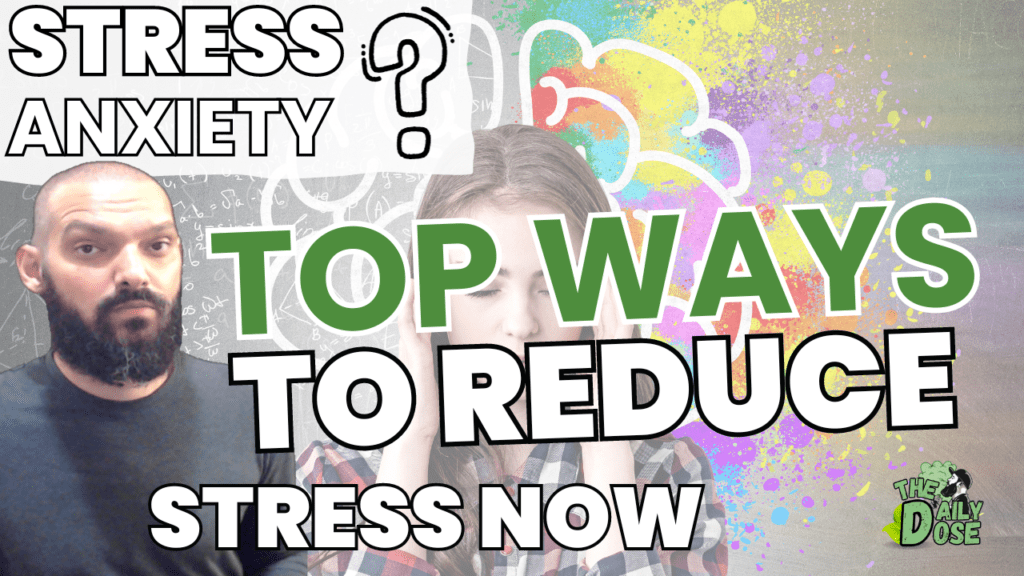Listen to the full audio episode here The Daily Dose Podcast Audio
Behaviors Under Stress Examined
Introduction
I’ve been hearing a lot lately of the degrees of stress people are under including the many sleepless nights of those who can’t find relief in there usual go to’s. We all handle stress differently and we all have varying degrees of it in our lives, one shared stress these days are the rising fuel costs in our country and globally.
In our fast-paced world, stress is an inevitable part of life. Whether it’s due to work pressures, personal challenges, or unexpected life events, we all experience stress at some point. How we respond to stress can significantly impact our lives, relationships, and overall well-being.
This article delves into the fascinating world of behaviors while under stress, exploring the physiological and psychological aspects of stress and providing insight into common stress-induced behaviors. We will also discuss the impact of chronic stress and offer practical coping strategies for managing stress behaviors effectively.
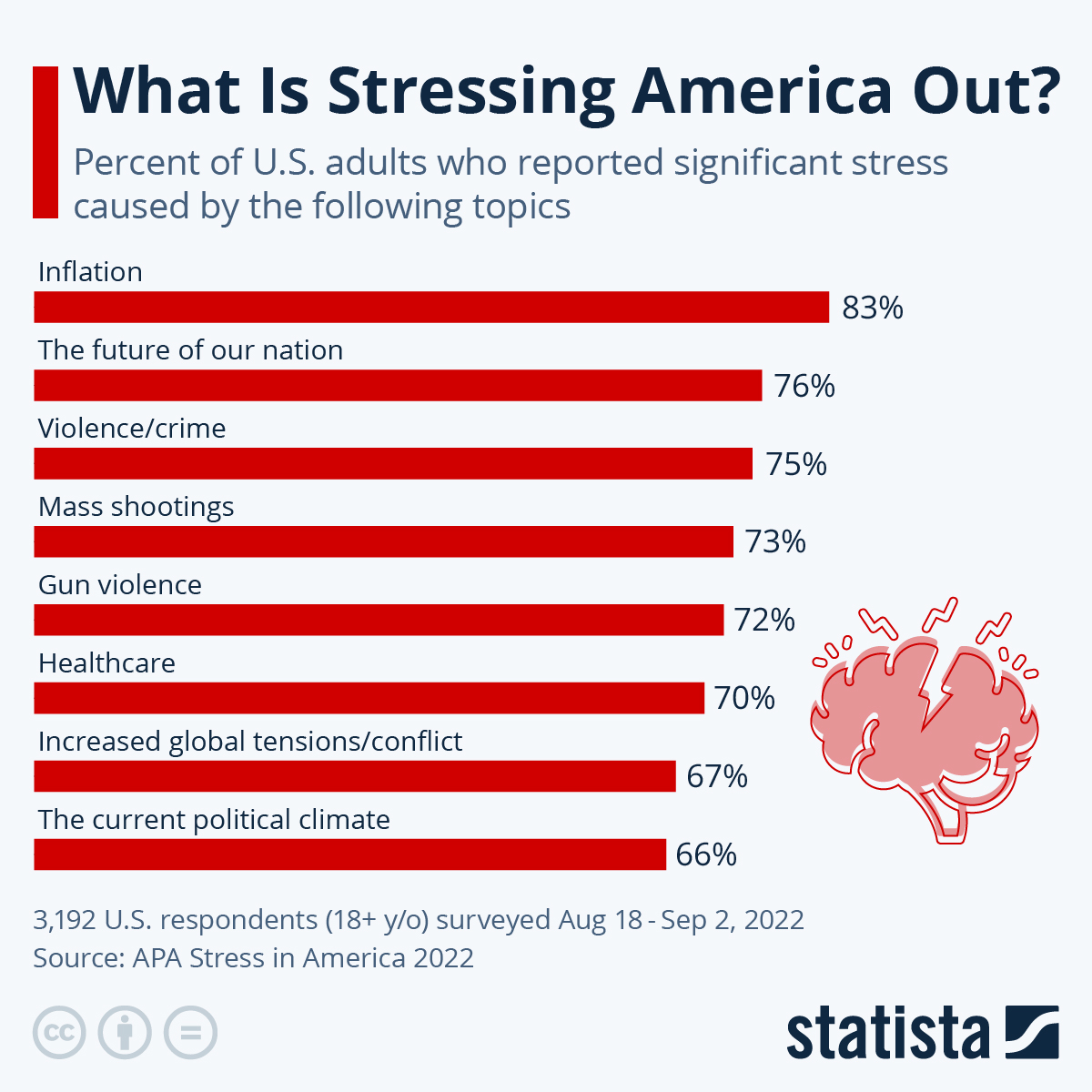
Behaviors Examined
This rise is also giving way to increases on all the necessities we all need week after week. Though this is one we share there many things in our day to day lives that trigger stress and it happens to manifest into our daily lives with behaviors that can be destructive.
The triggers of stress sometimes are easily identifiable but when they’re not it can keep occurring in our lives over and over again like a never ending horror movie but in real life.
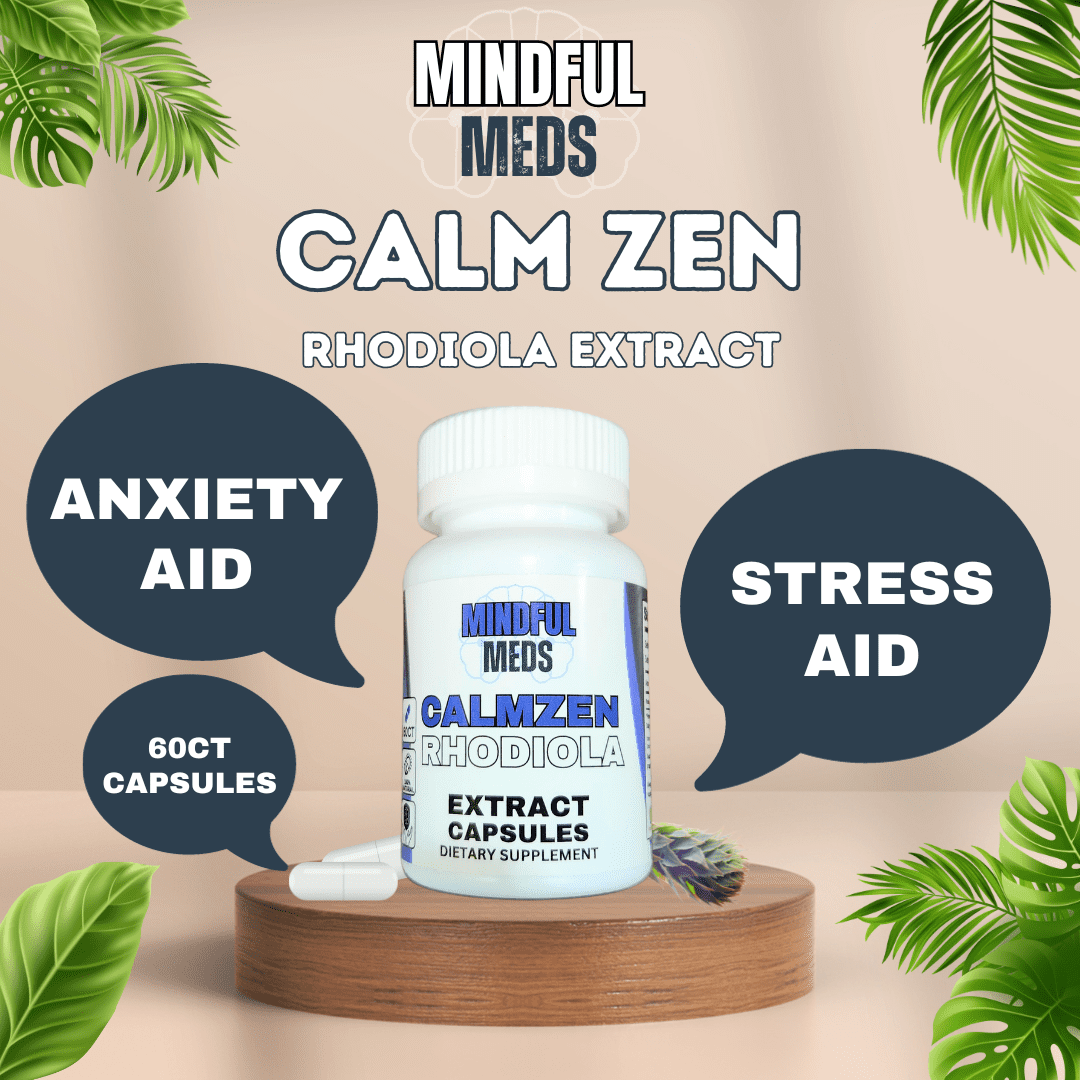
Stress: Ways People Reduce
Some find comfort in eating while others over eat to compensate for the struggle. Then we have those that may use or abuse dangerous drugs then we have the vast majority who drink alcohol to cope with rising stress.
Though there are solutions that are much less draining on the body, mind and spirit few take it seriously, in this episode I’ll share with you my experience and dive into the Google feed to better understand the many opinions regarding how to reduce stress quickly and get a handle on your behaviors under stress.
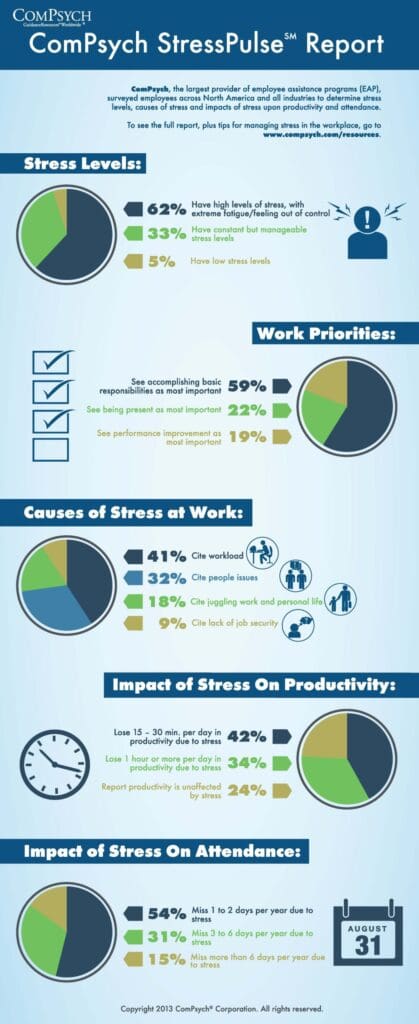
What Happens to Our Behaviors
Physiological Responses to Stress
When we encounter a stressful situation, our body responds with a complex array of physiological changes. The sympathetic nervous system initiates the “fight or flight” response, which involves the release of stress hormones such as adrenaline and cortisol. These hormones prepare our bodies to respond to perceived threats by increasing heart rate, dilating airways, and redirecting blood flow to our muscles. This physiological response is essential for survival, but it also influences our behaviors and emotions.
Cognitive Responses to Stress
In addition to the physical changes, stress can also impact our cognitive functions. Stress often leads to a heightened state of alertness and vigilance, causing us to focus on the source of stress. This cognitive shift can lead to impaired decision-making, reduced creativity, and difficulty concentrating. Moreover, stress can trigger negative thought patterns and increased susceptibility to anxiety and depression.

The Psychology Behind Stress Behaviors
Fight or Flight: Our Primitive Response
The “fight or flight” response is deeply ingrained in our evolutionary history. When our ancestors encountered a threat, this response helped them make quick decisions to ensure their survival. Today, this same response can manifest in various stress behaviors. Some people become more aggressive and confrontational, while others may choose to withdraw and avoid the source of stress.
The Role of Perception
Our perception of stress plays a crucial role in determining our behaviors. What one person finds stressful, another may not. Therefore, individual differences and personal coping mechanisms greatly influence how we behave when under stress. Understanding and managing these perceptions are essential for handling stress effectively.
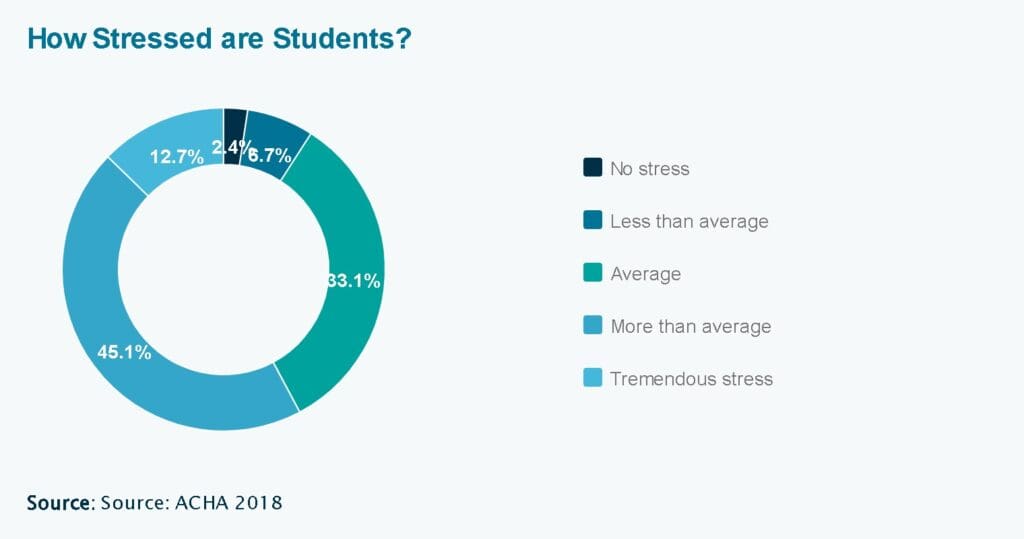
Common Stress-Induced Behaviors
Aggression and Irritability
Stress often results in heightened emotions, making individuals more prone to aggression and irritability. This can lead to conflicts in personal and professional relationships. It’s important to recognize this behavior in ourselves and others and find healthier ways to manage these emotions.
Withdrawal and Isolation
On the opposite end of the spectrum, some individuals respond to stress by withdrawing and isolating themselves from others. This can lead to loneliness and exacerbate feelings of stress and anxiety. Finding a balance between solitude and social interaction is crucial.
Overeating or Undereating
Food can be a comforting or stress-relieving mechanism for many. Some people may overeat when stressed, leading to weight gain and related health issues. Conversely, others may lose their appetite and undereat, resulting in malnutrition and weakness. Understanding our relationship with food during stress is vital for maintaining overall health.
Substance Abuse
In an attempt to cope with stress, some turn to substance abuse, including alcohol and drugs. These behaviors can create a vicious cycle, as they often worsen the stress and lead to additional problems, including addiction.

The Impact of Chronic Stress
Chronic stress, or long-term exposure to stressful situations, can have serious consequences for both physical and mental health. Over time, chronic stress can lead to cardiovascular problems, weakened immune function, and mental health disorders such as anxiety and depression. Recognizing the signs of chronic stress and seeking help is essential to prevent these long-term effects.
Coping Strategies for Managing Stress Behaviors
Mindfulness and Meditation
Mindfulness and meditation practices can help individuals manage stress by increasing self-awareness, reducing reactivity, and improving emotional regulation. These techniques promote a sense of calm and presence, making it easier to navigate stress-induced behaviors.
Exercise and Physical Activity
Regular physical activity is a proven way to reduce stress and improve overall well-being. Exercise releases endorphins, which act as natural mood lifters, and it can help individuals better manage their stress responses.
Social Support
Having a strong support network of friends and family can significantly reduce the impact of stress. Talking to loved ones, seeking their advice, or simply enjoying their company can provide emotional relief during challenging times.
Seeking Professional Help
In cases where stress behaviors become overwhelming or chronic, it is crucial to seek professional help. Therapists, counselors, and healthcare professionals can provide effective strategies for managing stress and its associated behaviors.

Conclusion: Navigating Stress with Resilience
In conclusion, understanding and managing behaviors under stress is a critical aspect of maintaining physical and mental well-being. The “fight or flight” response, physiological changes, and cognitive shifts under stress influence our behaviors and emotions.
By recognizing common stress-induced behaviors and employing coping strategies such as mindfulness, exercise, social support, and seeking professional help, individuals can navigate the storm of stress with resilience and adaptability. Embracing these strategies can empower us to live healthier, happier lives even in the face of life’s inevitable stressors.
FAQs
What are behaviors under stress?
Are there ways to reduce stress before behaviors surface?
What is the body’s response to stress?
What are some long-term consequences of chronic stress?
Related Articles:
- CBD | An Intro To Alternative Treatments
- Forbes Talking CBD For COVID19 Anxiety
- Stress Eating For Comfort Leads To More Stress
- Ashwagandha Root Benefits Best Stress Aid
- Reduce Anxiety And Stress Now Naturally
Meet The Author


